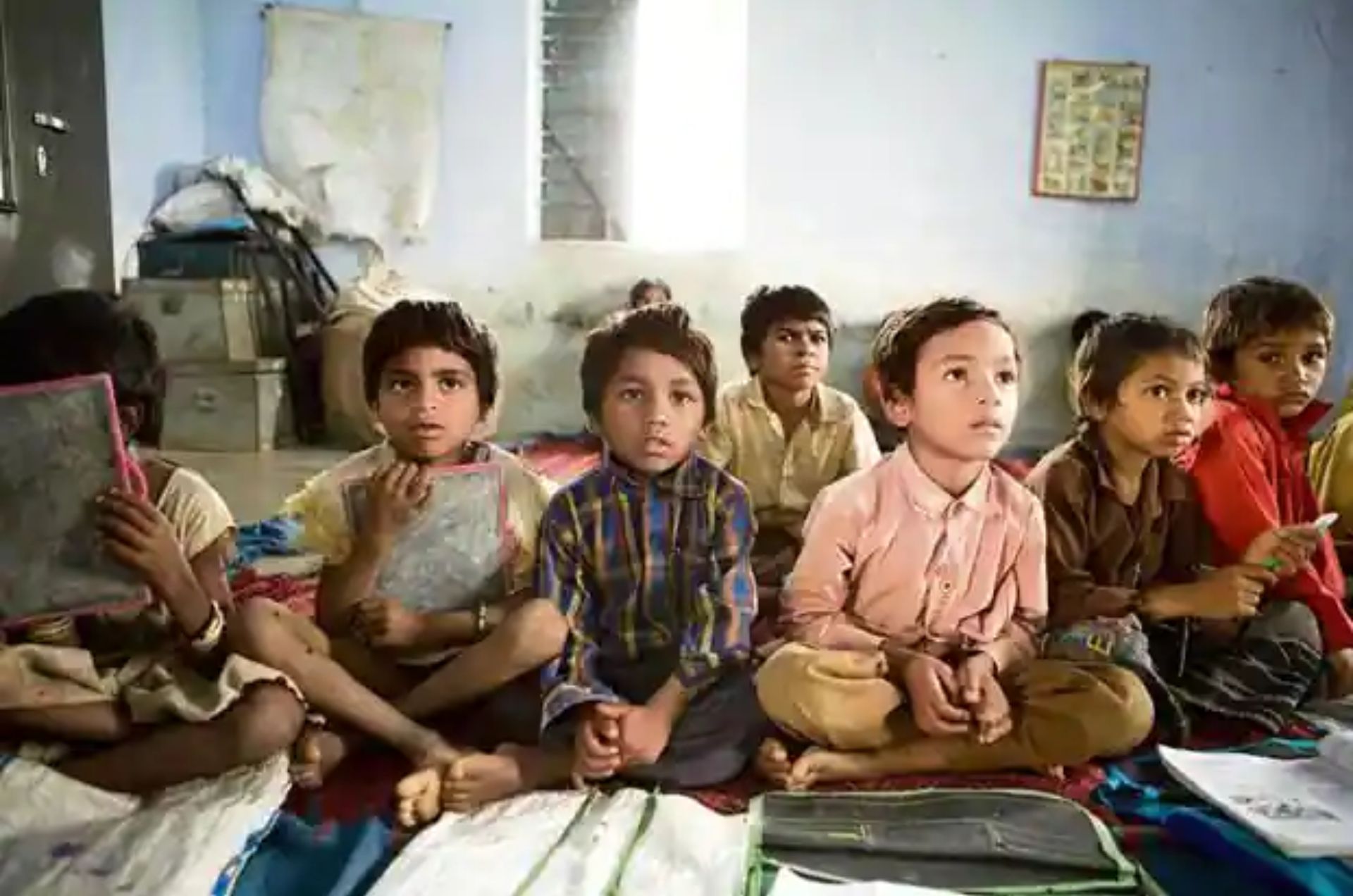There is a crucial role of students in removing illiteracy– This is because students are accountable for ensuring they are actively engaged in the learning process and that they become knowledgeable enough to assist others in overcoming this.
The role of students in removing illiteracy is pivotal, as they possess the power to ignite change and eradicate this pressing issue. There are various ways to ensure that you do not miss out on education and end up in poverty.
The role of students in removing illiteracy is important in creating a literate society. With their enthusiasm and dedication, students can bring about significant change in promoting education and literacy.
Teachers would be wasting their time if pupils were not present and ready to learn, and they would not have anyone to teach at the end of the day. Unfortunately, some kids cannot attend school due to poverty or other life circumstances that prevent them from engaging in the educational process.
However, it is crucial to highlight that for illiteracy to be eradicated; pupils must be willing and accessible to participate in this treasure. To eradicate illiteracy, one or a nation must have a strong desire for knowledge or learning.
Illiteracy has long been a significant source of concern globally, stifling economic development.
Illiteracy is defined as a state of being unable to read or write. It can also be defined as a lack of education or a lack of knowledge.
Gender, age, colour, geographic area, or culture have little bearing on illiteracy. Various factors could be the source of this plague, rapidly spreading through generations and into the future.
What are the factors that cause illiteracy?
Although various factors might contribute to a child’s illiteracy, the most common are ‘illiteracy amongst parents,’ ‘lack of family support,’ ‘lack of awareness,’ and social barriers.’
- Ignorant parents will not push their children to become literate in the same way that literate parents will. The lack of emphasis on receiving a proper education is the main reason because, without it, the child will never appreciate the value of education.
- When a youngster has a personal difficulty reading or writing, such as dyslexia, there may be a lack of parental support.
- If the family does not understand or appreciate the concept of such an issue, they will place unrealistic expectations on the child. This can put a great deal of stress on the child.
- There may be, and undoubtedly are, some regions where the majority of the local people do not recognise the value of education. Illiteracy rates may be high in settings like these. An increase in illiteracy could be caused by a lack of enthusiasm for obtaining an education.
Role of students in removing illiteracy, plays a crucial part by advocating for improved educational infrastructure, supporting initiatives that alleviate poverty, and promoting gender equality in education.

What can students do to assist?
Role of students in removing illiteracy is very crucial because students are the world’s future. The students in today’s schools are the future scientists, doctors, and engineers who will rule the globe one day. Showing them the value of receiving an education will help them understand that completing education is extremely vital and cannot be substituted.
Other options for reducing illiteracy include setting up workshops in low-literacy areas and providing free educational classes to children who cannot attend school due to personal reasons. Vocational training and studies can also aid in lowering a country’s illiteracy rate because if students specialise in one area of study, they can learn more in-depth about that topic and eventually find work in a related field.
We frequently forget that we were once where today’s students are. We’re eager to mature and take on the world on our terms. However, we must keep in mind that young children do not have the same knowledge about the world as we have. We also need to teach kids how to aid the world, which they will someday have to live in and run for their survival. If we can persuade today’s students of the importance of education, we can have enough faith to believe that they can govern the world, perhaps even better than we can.
What roles can students play to remove illiteracy?
The youth have a critical part in the development of the country. Students’ duties have grown in tandem with the increase in population. They are the fulcrum around which any nation’s progress revolves. We all know that India is a land of villages, with most of the population being illiterate. Most villages lack schools or teaching facilities.
As a result, the peasants are deprived of the opportunity to learn. Poverty and illiteracy have prevented them and the poorer sections of society from becoming literate. As a result, it is the kids’ responsibility to serve them by teaching them. They can educate them by sharing their valuable opinions and counsel. We all know that education is beneficial to one’s economic, social, spiritual, and mental well-being. It broadens one’s perspective on society.
It’s a curse to be illiterate or uneducated. Role of students in removing illiteracy can help assist these individuals by holding evening sessions and following the motto “each one, teach one.” The pupils can devote at least one hour of their twenty-four hours to the less fortunate. They can raise awareness among illiterates about the dangers of overpopulation and advocate for the importance of having a small family. Many NGOs and government institutions are available to help these young people. They can be enticed to do so by offering them the opportunity to earn extra marks or grades.
Also read- 5 simple ways to focus with higher energy levels
Conclusion
Illiteracy is a significant issue that has existed for a long time. It has been around for hundreds of years. As a society, illiteracy is preventing us from attaining our full potential. The rising rate of illiteracy is stifling our overall growth. And it must be dealt with as quickly as feasible. Familial or sociocultural variables account for a large portion of the causes of illiteracy. These must be eliminated for children and the younger generation to grow there as much as possible and learn what they want. So, the role of students in removing illiteracy is very important.
Finally, because today’s students represent the world’s future, it is up to them to address these situations. They are the only ones who can deal with this in their unique way and help eradicate illiteracy.
As a result, the role of students in removing illiteracy becomes so crucial as they play a critical role in making the country progressive and affluent by teaching the illiterate and changing their attitudes and thinking. So, let us work together to eliminate illiteracy in our country.
Socialbuzzness features articles on and about technology, business, lifestyle, and health. Socialbuzzness covers all kinds of news, including entertainment, technology, business, and finance.











